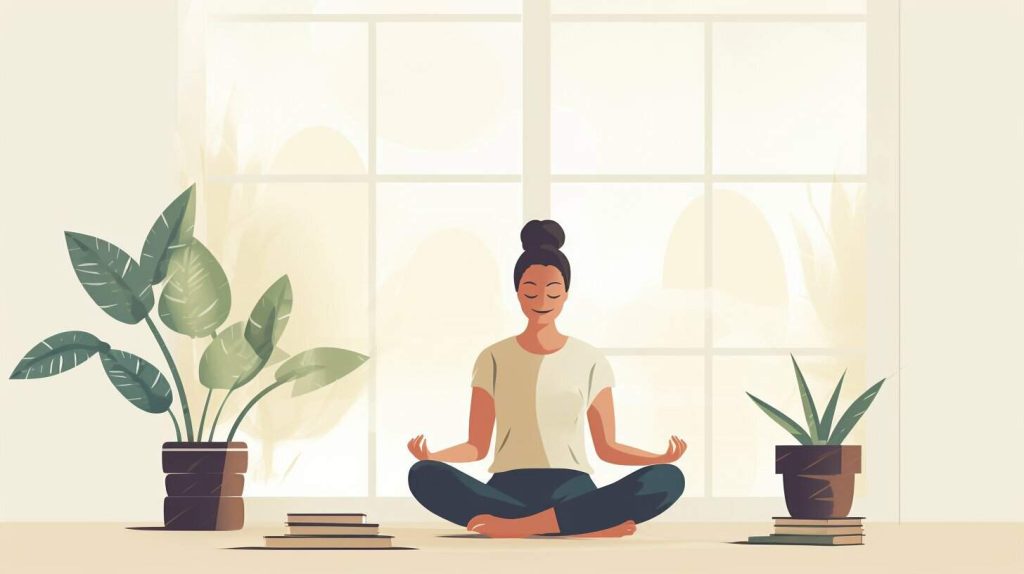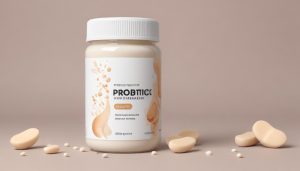How Minimalism Enhances Your Mental and Emotional Well-Being
Natalie Brooks August 6, 2025
In an age where constant notifications, never-ending to-do lists, and consumer culture dominate everyday life, the idea of “less is more” is gaining real traction. Minimalism enhances your mental and emotional well-being by helping people reclaim clarity, reduce stress, and reconnect with what truly matters. More than just a design aesthetic, minimalism is now a lifestyle shift rooted in intentional living—and science is backing its benefits.
Recent discussions on social media platforms like TikTok (#declutterchallenge) and YouTube channels focused on “digital detoxing” reflect a growing desire for simplicity. But this isn’t just a fad. It’s a real response to the increasing psychological toll of our modern lifestyles.

The Mental Load of “Too Much”
Most people don’t realize how deeply their environments and digital consumption affect their minds. According to a study published in the Journal of Environmental Psychology, cluttered environments increase cortisol levels—the hormone associated with stress.
Living in a space overloaded with objects or digital distractions often results in decision fatigue, reduced productivity, and emotional exhaustion. In contrast, a minimalist lifestyle intentionally reduces this noise, making space for mental clarity and emotional regulation.
The Science Behind Minimalist Living
Research continues to support the connection between minimalism and mental well-being. Key findings include:
- Reduced Stress: A 2021 study from UCLA’s Center on Everyday Lives of Families found that women who described their homes as “cluttered” had increased levels of stress and were more prone to depression.²
- Improved Focus and Creativity: By reducing sensory overload, minimalism helps free up cognitive resources, allowing you to focus and think more clearly. This is particularly important for people in remote work or creative roles.
- Better Sleep: Environments free from clutter and digital distractions improve sleep hygiene. A minimalist bedroom, for example, is less likely to contain blue-light-emitting devices or overstimulating decor.
Emotional Benefits of Letting Go
Letting go of excess possessions or digital noise is not just a practical move—it’s deeply emotional. Here’s how minimalism enhances emotional well-being:
1. Clarity Over Chaos
Minimalism encourages people to get clear about what’s truly important—relationships, health, peace of mind—rather than chasing superficial goals or material status. This shift promotes a sense of direction and calm.
2. Emotional Detachment from Materialism
Constant consumerism often fuels a cycle of comparison, inadequacy, and stress. Letting go of this emotional baggage, and the things that reinforce it, promotes self-worth rooted in purpose, not possessions.
3. Gratitude and Contentment
When you strip life down to what matters, you become more grateful for the essentials. The act of decluttering itself often brings a wave of emotional relief and satisfaction, promoting daily mindfulness.
Trending Now: Digital Minimalism
One of the fastest-growing subsets of the minimalist lifestyle is digital minimalism, especially among Gen Z and millennials. With average screen times reaching over 7 hours a day, many are now seeking ways to reduce digital distractions and improve mental clarity.
Key strategies include:
- Turning off non-essential notifications
- Using apps like Freedom or Forest to reduce screen time
- Curating social media feeds to only show meaningful content
- Scheduling tech-free hours each day
Digital minimalism not only reduces anxiety but also promotes presence, something sorely missing in a hyperconnected culture.
How to Start a Minimalist Lifestyle Without Overwhelm
You don’t have to sell everything or live in an empty white room to experience the benefits of minimalism. Here are practical, doable steps to get started:
1. Start Small
Pick one area of your life—your desk, your closet, or your digital inbox—and begin decluttering. Progress, not perfection, is key.
2. Follow the “One In, One Out” Rule
For every new item you bring into your home, commit to letting go of one existing item. This prevents clutter from accumulating.
3. Create a “Maybe” Box
If you’re unsure about discarding something, put it in a box and revisit it in 30 days. If you didn’t need or miss it, it’s time to let it go.
4. Audit Your Digital Life
Unsubscribe from emails you never read. Delete unused apps. Set time limits on social media platforms. Declutter isn’t just physical—it’s mental.
5. Focus on What Adds Value
Ask yourself: “Does this add meaning, joy, or utility to my life?” If not, it may be worth removing.
The Role of Minimalism in Burnout Prevention
As burnout becomes a widely recognized issue across industries—from healthcare to tech—minimalism is being looked at as more than just a personal lifestyle choice. Employers are beginning to adopt minimalist principles in workspaces, communication policies, and schedules to support employee well-being.
Companies like Asana and Basecamp promote minimalist workflows by limiting unnecessary meetings, encouraging async communication, and focusing on outcome-based productivity. The shift shows that minimalism isn’t just a personal trend—it’s reshaping workplace culture.
The Growing Community Around Minimalist Living
From YouTubers like Matt D’Avella to minimalist podcasts and Reddit forums like r/simpleliving, an entire community exists around minimalist living. People are sharing how simplifying their lives helped them overcome anxiety, save money, and reconnect with joy.
This grassroots movement shows that minimalism enhances your mental and emotional well-being by creating space for real connection—with self, others, and the world around us.
Final Thoughts
Minimalism isn’t about deprivation—it’s about intention. In a world that constantly screams for our attention, choosing less allows for more peace, clarity, and emotional stability. Whether you’re overwhelmed by physical clutter, digital distractions, or emotional baggage, embracing minimalist principles offers a sustainable, evidence-based path to better mental and emotional health.
It empowers you to create space for healing, deepen your focus, and live a more meaningful life.
References
- Saxbe, Darby E., and Rena Repetti. No place like home: Home tours correlate with daily patterns of mood and cortisol. Available at: https://www.sciencedirect.com (Accessed: 6 August 2025).
- UCLA Center on Everyday Lives of Families (CELF) “Life at Home in the Twenty-First Century: 32 Families Open Their Doors.” Available at: https://www.ioa.ucla.edu (Accessed: 6 August 2025).
- Statista (2024) “Average daily time spent with digital media in the United States from 2011 to 2024.” Available at: https://www.statista.com (Accessed: 6 August 2025).







